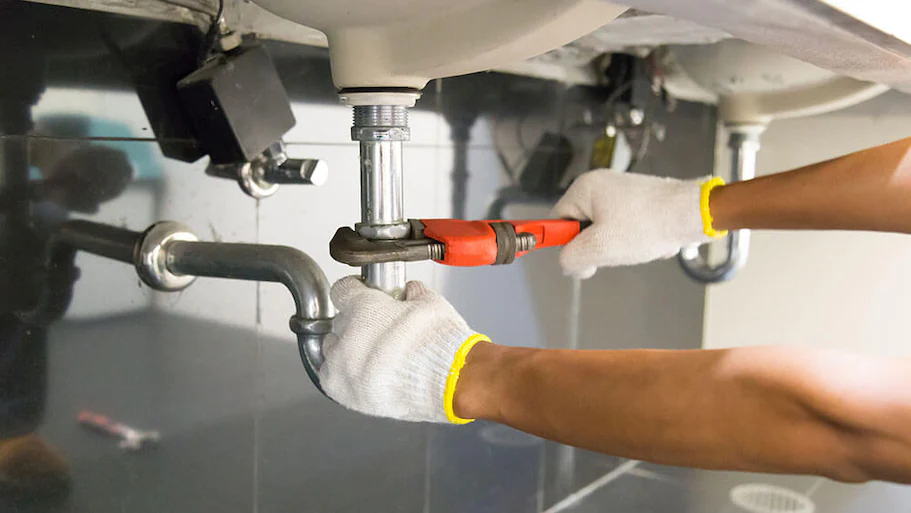Certified plumbers are professionals who have undergone specific training and have obtained certifications to demonstrate their expertise in the plumbing industry. Certification ensures that plumbers have the necessary skills, knowledge, and qualifications to perform plumbing installations, repairs, and maintenance tasks. Here are some key aspects of certified Plumbing Services of Kennesaw GA:
- Education and Training:
- Certified plumbers typically undergo formal education and training through accredited programs, trade schools, or apprenticeships. This training covers various aspects of plumbing, including safety procedures, pipe installation, system maintenance, and plumbing code compliance.
- Licensing:
- Many jurisdictions require plumbers to obtain a license to practice legally. To obtain a license, plumbers often need to meet specific education and experience requirements and pass a licensing examination. Certification is often closely tied to the licensing process.
- Certification Programs:
- Plumbers can pursue certifications from professional organizations or institutions that validate their skills and knowledge. Common certifications include those offered by plumbing associations or trade organizations. Examples include the Plumbing-Heating-Cooling Contractors Association (PHCC) and the National Inspection Testing and Certification Corporation (NITC).
- Plumbing Code Knowledge:
- Certified plumbers are well-versed in local and national plumbing codes. Adhering to these codes is crucial to ensuring the safety, functionality, and compliance of plumbing installations with regulatory standards.
- Experience Requirements:
- Certification often involves a combination of education and hands-on experience. Plumbers may need to complete a certain number of apprenticeship hours or work under the supervision of a certified plumber before obtaining their own certification.
- Continuing Education:
- Certified plumbers may be required to participate in ongoing professional development and continuing education to stay updated on industry trends, new technologies, and changes in plumbing codes.
- Specialized Certifications:
- Some plumbers choose to obtain specialized certifications in areas such as backflow prevention, gas line installation, or green plumbing. These certifications demonstrate expertise in specific niches within the plumbing industry.
- Customer Satisfaction:
- Certified plumbers prioritize customer satisfaction by providing high-quality services, adhering to ethical standards, and maintaining professionalism in their interactions with clients.
- Insurance and Liability:
- Certified plumbers often carry insurance coverage, providing protection for both the plumber and the client in case of accidents, property damage, or injuries during plumbing projects.
- Versatility:
- Certified plumbers are equipped to handle a wide range of plumbing tasks, including residential, commercial, and industrial projects. Their knowledge and skills extend to various plumbing systems and components.
When hiring a plumber, especially for significant plumbing projects or repairs, it’s advisable to look for a certified professional. Certification serves as a reliable indicator of a plumber’s competence and commitment to maintaining high standards in their work. Always check the specific certifications and licenses held by a plumber to ensure they are valid and appropriate for the job at hand.
